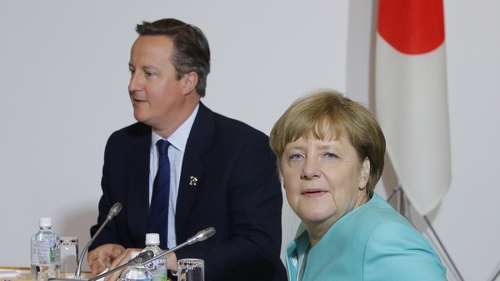
Benois Cur, head of the G7 working group on steablcoins, said that global steblecoin can provide faster and cheaper payments, spur competition in this sector and thus reduce costs, and can also involve more people in the financial system, reports Reuters .
However, there are pitfalls: the risks associated with money laundering, the financing of terrorism, the security of user data, resistance to cyber attacks and tax evasion.
Following the meeting of finance ministers and heads of central banks of G7 near Paris, French Finance Minister Bruno Le Mayor, who chaired it, said that regulators oppose the issuance of payment by private companies if they do not assume the same obligations as the nation states.
Thus, given the systemic risks, Libra and other similar projects should be developed in a tightly regulated environment, the official concluded.
Representatives of the G7 countries also agreed that large technology companies (Google, Amazon, Facebook, Apple) should pay taxes in those countries where they generate profits, regardless of whether they have official representation there.
Recall earlier held a two-day hearing on Libra in the US Congress, where Calibra CEO David Marcus spoke in detail about Facebook's initiative to create a global digital currency. BlockchainJournal closely followed the events and gathered the main theses of the top manager in one piece.
Fear and Loathing on Capitol Hill: How Facebook survived the Libra digital currency hearing
Subscribe to the BlockchainJournal news in Telegram: BlockchainJournal Live – the entire news feed, BlockchainJournal – the most important news and polls.
BlockchainJournal.news
BlockchainJournal.news


